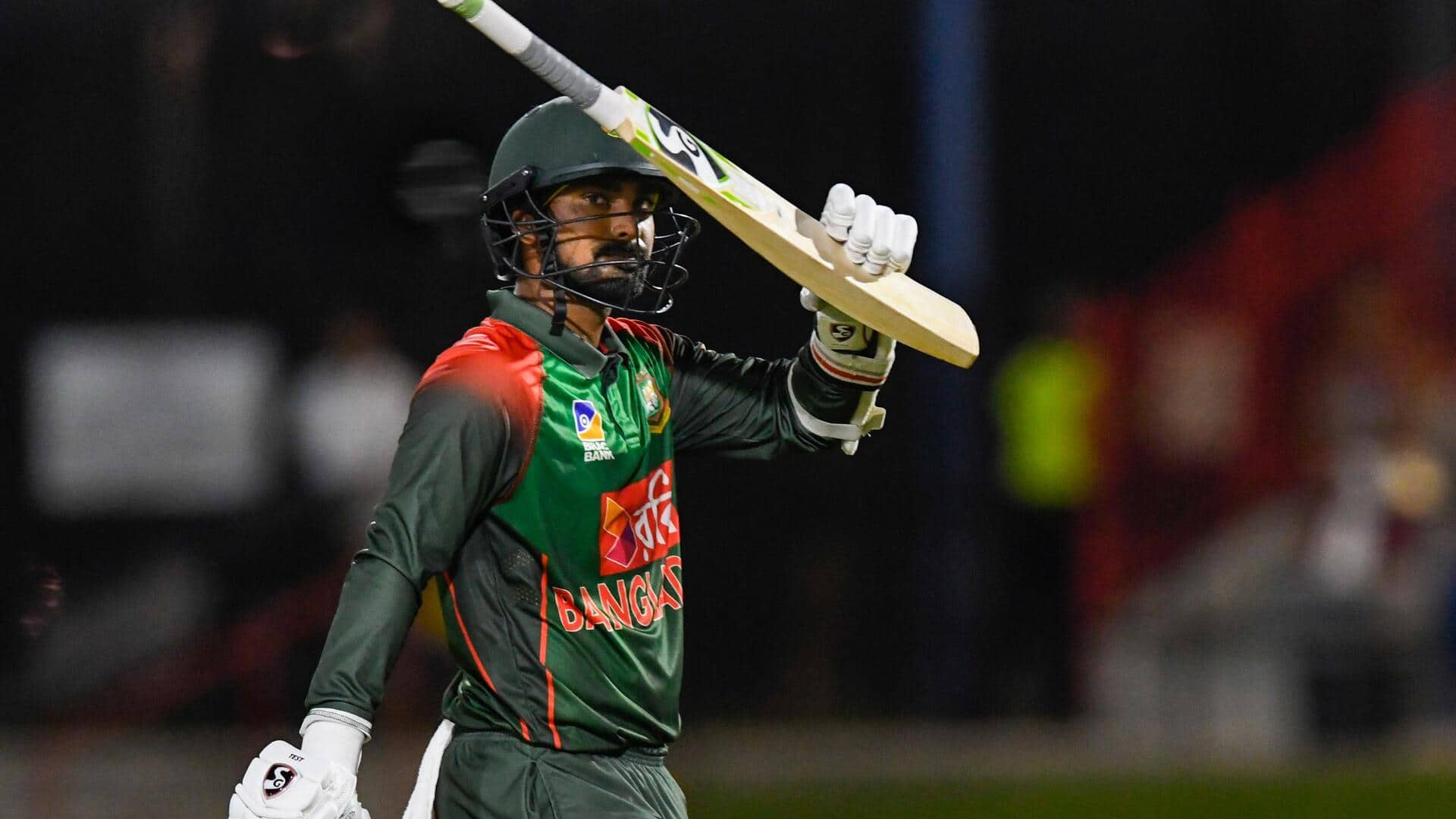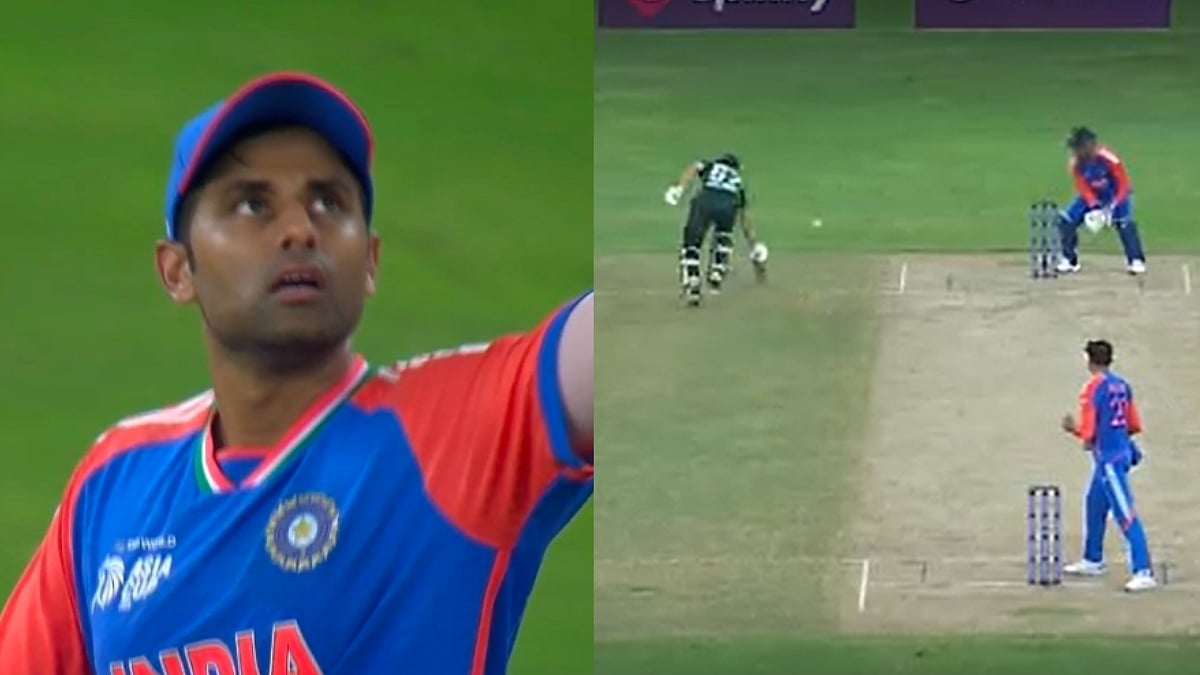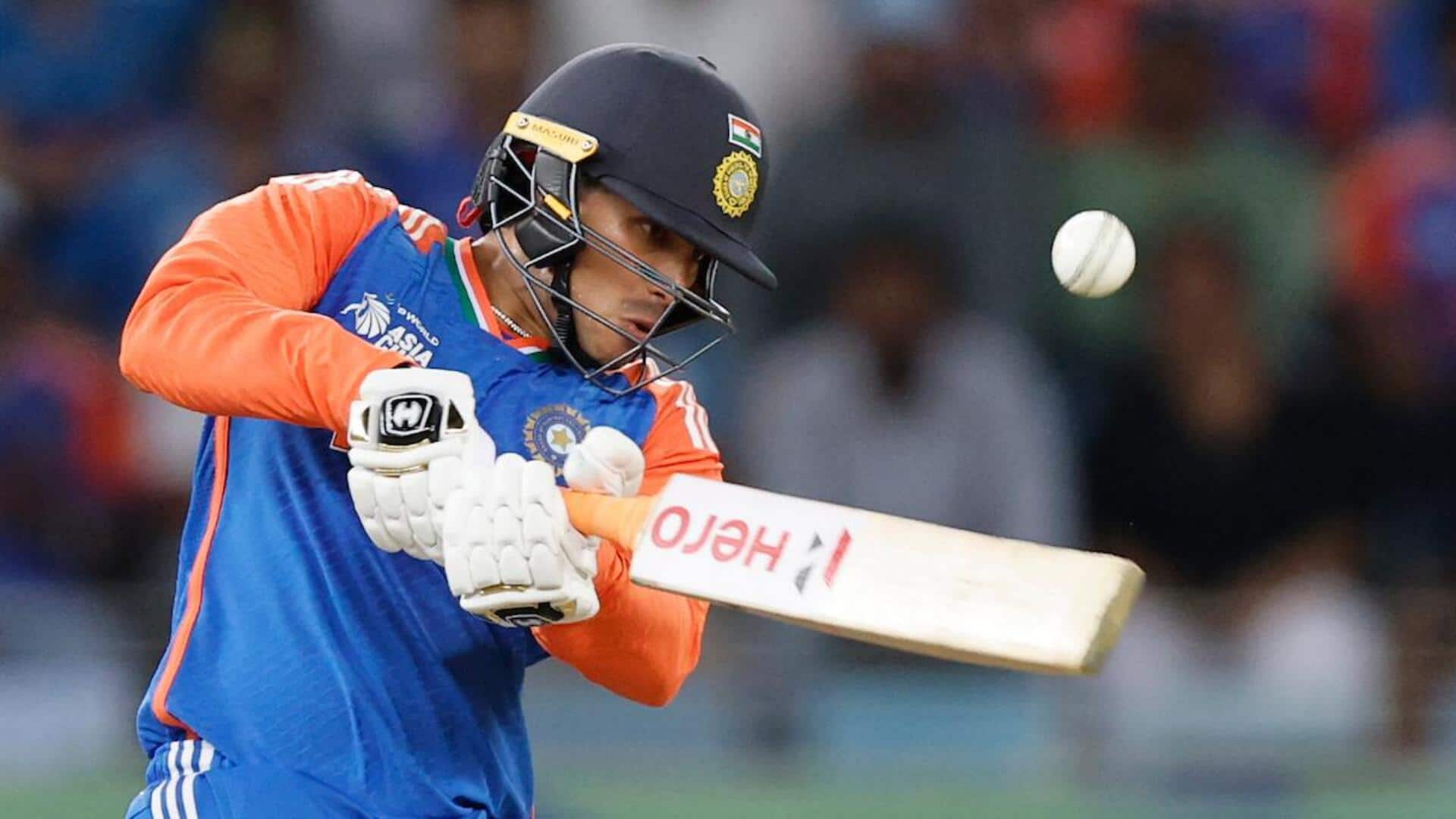As anticipated, Pakistan have booked their place in the Asia Cup T20 final despite an inconsistent run throughout the tournament. For the first time in the 17-edition history of the event, Pakistan and India will contest the final, which takes place on Sunday (September 28). It will be the third meeting between the arch-rivals in this year’s competition.
India dominated both earlier encounters, defeating Pakistan in the group stage as well as in the Super Four. Pakistan, however, clawed their way into the title clash with a gritty performance against Bangladesh, successfully defending a modest total of 135 on a challenging, used Dubai pitch.
While the teams’ entry into the final is a positive sign, the campaign has exposed glaring weaknesses, particularly in the batting department. The selectors made a bold call ahead of the tournament by dropping senior batters Babar Azam and Mohammad Rizwan, citing their inability to score at the modern T20 strike rate. They were replaced by the mercurial opener Sahibzada Farhan and wicketkeeper-batsman Mohammad Haris in a bid to inject aggression at the top of the order.
Firstly, it is important to note that not all batsmen in every team play at the same strike rate. There are two to three batsmen in the top and middle order who take care of the wicket at one end so that the batsmen on the other end can score quick runs.
Mohammad Haris, who replaced wicket-keeper batsman Mohammad Rizwan, failed to live up to expectations. In the tri-nation tournament, he scored only 40 runs in five matches, and later in the Asia Cup managed 131 runs in six matches, averaging 26.20 with a strike rate of 136.45.
Based on the comparison between Mohammad Rizwan and Mohammad Haris as wicket-keeper batsmen for Pakistan, it is evident that Rizwan has established himself as the more dependable and consistent performer. While Haris was selected for his aggressive batting style and potential, his performance has not yet matched expectations despite multiple opportunities.
Mohammad Rizwan, known for his solid technique and maturity at the crease, has consistently contributed valuable runs for Pakistan across formats. His strike rate may be slightly lower than Haris’s, but his ability to stabilize innings and maintain high batting averages makes him a more reliable option. Rizwan’s experience and calm demeanor behind the stumps also add to his all-around value, providing stability to the team during challenging situations.
In contrast, Mohammad Haris was chosen for his aggressive approach, aiming to provide quick-fire runs and add a spark to Pakistan’s batting lineup. However, despite this intent, Haris has struggled to convert his aggressive intent into consistent scoring. His failure to adapt and score runs at the expected rate has led to questions about his current role in the team.
The debate over the value of slow and steady batting versus aggressive play is longstanding. A mature, slow-starting batsman like Rizwan often proves to be more beneficial for team stability, especially in high-pressure situations. On the other hand, aggressive openers or middle-order batsmen can accelerate the scoring rate but carry the risk of early dismissals.
In Haris’s case, his aggressive style has sometimes resulted in reckless shots, leading to dismissals that have hindered the team’s momentum.
Statistics support this assessment. Rizwan’s batting average and consistency across formats have made him a cornerstone of Pakistan’s batting line-up. His ability to anchor innings and adapt to different pitches and conditions demonstrates his mature approach. Haris, meanwhile, has yet to establish a similar level of consistency or demonstrate the ability to build innings under pressure. Despite his promising starts, he has not converted these into substantial scores, raising doubts about his readiness for prolonged international exposure.
After the Super Four round, in his 34 T20Is, Mohammad Haris scored 555 runs with an average of just 16.32 and a strike rate of 137.56, including one hundred but no fifties. He hit 47 fours and 26 sixes, also taking 24 catches and effecting five stumpings behind the wickets.
Against major teams, Haris’s strike rate remains low—75 against England, 60 versus India, 115.85 against New Zealand, 118.18 versus Sri Lanka, and even only 100 against the UAE, for whom he scored 33 runs in three matches.
In the year 2025, Haris played 25 T20Is, scoring only one hundred (in Lahore) and one fifty against Bangladesh and Oman respectively. He reached double figures in just 11 innings.
On the other hand, former skipper Mohammad Rizwan has managed 3,414 runs in 93 appearances with an average of 47.41 and a strike rate of 125.37, including one century and 30 fifties. During his 106 T20I career, Rizwan has struck 285 fours (2.68 per innings) and 95 sixes (0.896 per innings). He has also taken 55 catches and effected 12 stumpings behind the wickets.
Moreover, cricket analysts emphasize that a “slow and steady” approach is often more advantageous than senseless aggression, especially for wicket-keepers who are expected to contribute significantly with the bat. Rizwan exemplifies this strategy; his patience and grounding allow him to accumulate runs and support the team’s cause.
Conversely, Haris’s aggressive demeanor, while appealing, should be supplemented with technical discipline and experience, which he has yet to fully develop.
Mohammad Haris’s aggressive style might bring excitement to Pakistan’s batting, but the statistics and performances so far indicate that Mohammad Rizwan remains the more competent wicket-keeper batsman in terms of consistency, maturity, and strategic contribution. The importance of a balanced approach—combining aggression with patience—is crucial for success. As Haris continues to gain experience, he may evolve into a more rounded cricketer.
For now, the value of a seasoned, slow-starter like Rizwan outweighs the risks associated with reckless, aggressive batting. Therefore, in the current context, Mohammad Rizwan’s reliability makes him the preferable wicket-keeper batsman for Pakistan.
In recent matches, Pakistani batsmen have attempted to play aggressively, but their approach often appeared senseless. Many players recklessly went for big shots, resulting in unnecessary wickets and missed scoring opportunities. This aggressive mindset, without proper shot selection, hampered the team’s momentum.
Key players like Rizwan and Babar, known for their calm and composed batting, should anchor the innings from one end. Their experience and stability are crucial for building a strong foundation. Focusing on strategic batting and patience can help Pakistan reach higher totals and improve their chances in future matches.
Adopting a more disciplined approach is essential for success.
https://www.thenews.com.pk/tns/detail/1346823-consistency-prevails-over-mindless-aggression



